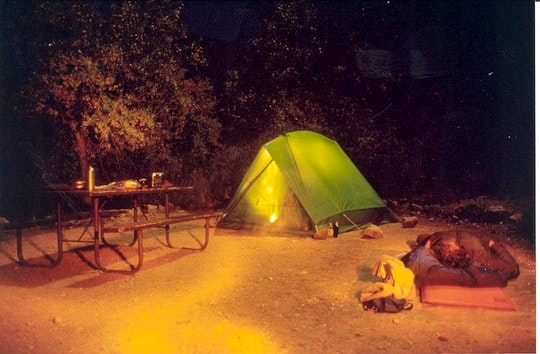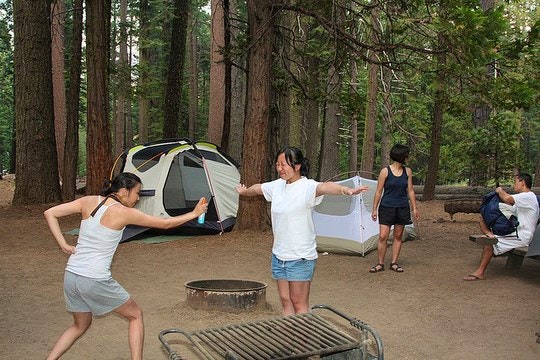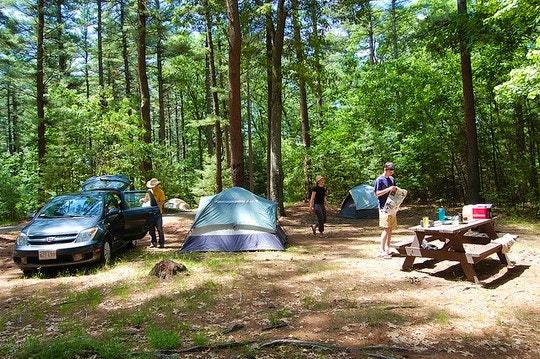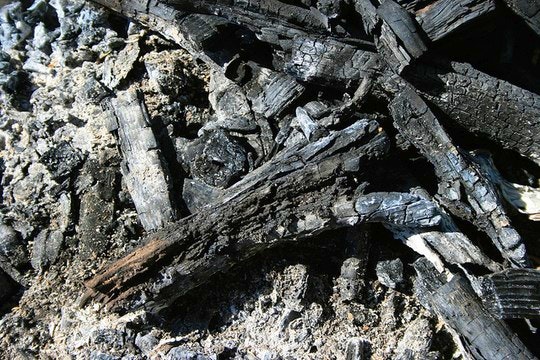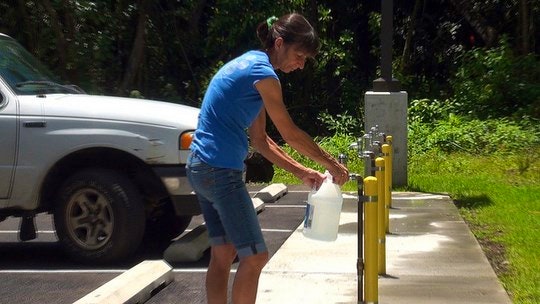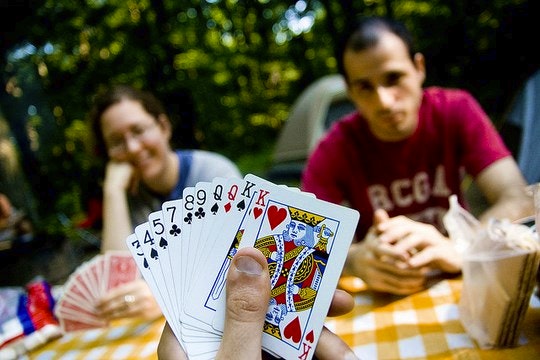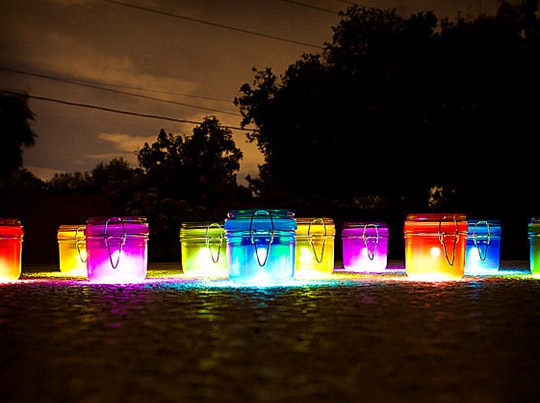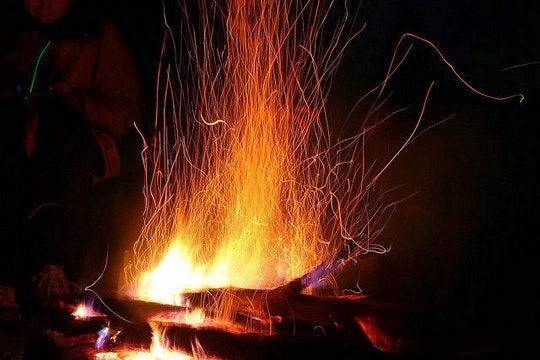Camping is not the most glorious of accommodations, but it’s nothing short of exciting! What compares to sleeping under the starry sky in the middle of nature with nothing around to distract you? Here are some helpful camping tips that will make your escape into nature a lot more enjoyable:
1. Homemade tick repellent
If you’re heading into an area prone to ticks, be sure to equip your family and your pets with homemade tick repellent. Mix together 2 cups of distilled white vinegar with 1 cup of water (you can also add a few drops of your favourite essential oil to get rid of the vinegary smell). Pour this solution into a spray bottle and spray onto clothing, skin, and hair before heading out into the bush – and don’t forget to check yourself for ticks at the end of the day. You should reapply this solution every 4 hours to keep the ticks at bay.
2. Take extra ground sheets
Ground sheets are great for muddy, sandy, or uncomfortable ground. They also make for wonderful wind breakers and privacy screens if you tie them up between your tents, caravans, and cars.
3. Pick a campsite wisely
The areas around the ablutions are high traffic areas where people will be plodding noisily past at all hours of the day and night – including nosy parkers who like to check out your campsite and everyone in it. Picking a spot further away from the ablutions will mean you may have to walk a little further to reach it, but you will have the added convenience of privacy.
4. Bring earplugs
There is something about camping that allows noise to travel from extravagant distances. And what’s worse, as you don’t actually know the other campers, you can’t walk over and shout at them for snoring. Well, not unless you want to be considered the Miserable Mary in the campsite next door.
5. Forgotten toothpaste
You’ve arrived at your campsite and suddenly discovered you left your toothpaste at home. No problem. Simply gather some ash from your fireplace (make sure it’s not still burning) and rub it on your teeth. Wood ash contains potassium hydroxide, also known as lye, which reacts with the oils and plaque in your mouth to create a soapy substance.
6. Duct tape is your best friend
Duct tape is the revered camping item. It’s great for patching holes in tents, shoes, inflatable mattresses, and mosquito nets…just about anything, really. There’s not much that a little duct tape can’t fix.
7. Bring your own water
Most campsites are largely rural as campers enjoy a natural setting. Therefore, the water may be sourced from nearby rivers, lagoons, or mountain streams and may not be safe to drink. Save yourself the trouble of boiling water every time you use it by bringing along some of your own drinking water from home. You can use this for drinking, cooking, and brushing your teeth.
8. Other people’s campsites are not thoroughfares
If you were never taught this at a young age, be sure to take heed of it now. Respect other people’s campsites like you would your neighbour’s house. It is not an alternative route or short cut to the bathroom or a place to play hide and seek. So ensure your kids are brought up with this first rule of camping etiquette.
9. Entertainment
Mother Nature can be unpredictable, so ensure you have something to do in case the weather doesn’t play along. Pack a bag with board games, cards, books, note pads, and pens to keep the little ones busy when it’s raining outside or they’ve simply run out of things to do.
10. Pack a skottel
Having a skottel is great for camping as it provides a backup for when it’s raining and you’re not able to braai due to wet wood. It’s also perfect for breakfast or brunches – yes, bacon and eggs is possible when you’re camping!
10. Bring your own lighting
Whether your camp site has electricity or not, it’s always a good idea to bring along your own back-up just in case. Pack solar powered lanterns, oil lamps, flash lights, and battery powered lights. Don’t forget an extension lead and double adapter plugs so that the light can reach your campsite from the electricity box.
12. Colour code your tent or gazebo poles
Colour coding each pole of your tent or gazebo can make camping a lot easier. There’s nothing worse than having to mess around in the dark trying to find what poles go where. Simply attach colourful stickers to the poles that fit together for easy assembling.
13. Keep a First Aid Kit
Ensure you have a First Aid kit at your campsite at all times. Fill this box with plasters, antiseptic creams, anti-nausea tablets, anti-diarrhoeal medicine, water purification tablets, cotton swabs, hand sanitiser, pain pills, antihistamines, tweezers, eye drops, and your personal medication prescribed by your doctor.
14. Pack toilet paper
You don’t want to arrive at your campsite and find that the ablutions are disastrously managed (or rather, not managed). Keeping a few rolls of toilet paper will save any awkward moments in the loo.
15. Building a fire
You’d be surprised how many people go camping without knowing the first rule about building a fire. Start by selecting a suitable site for your fire, making sure it’s far enough away from anything flammable. Make a U-shaped perimeter using rocks, ensuring the back of the fire pit faces the wind. Lay down two parallel split logs and fill the space loosely with kindling like dry twigs, newspaper, and firelighters (if you don’t have firelighters, candles work just as well). Lay a further two perpendicular logs on top of the first two and a 3rd set on top of that. Light the kindling from above and babysit your fire by adding kindling until the logs catch alight and are roaring safely.
What other tips do you recommend for making camping a breeze?
Looking for camping accommodation? TravelGround.com offers accommodation throughout South Africa!
Main image attributed to Kevin Dooley (Flickr)

